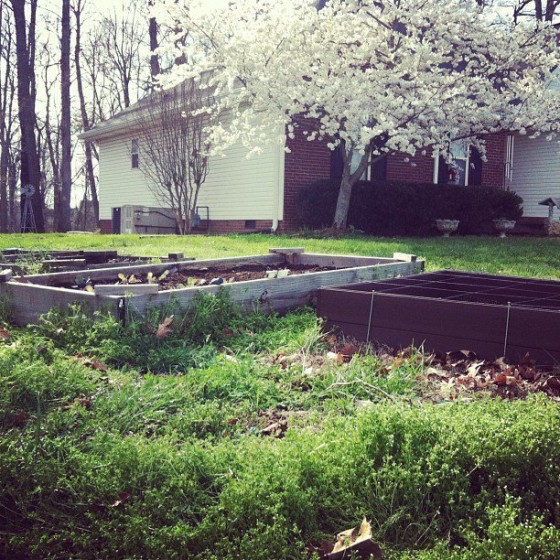When I was in college, working on my undergraduate degree, I had a class in swine production.
I know, I know…sounds just like what you’d expect a guy who would end up as a pastor would study, right?
My path to full-time vocational ministry was not the one of least resistance.
A few times that semester, we got to visit a pig farm, and see the whole production. We’d help with the newborn pigs, watch a feeding time, see how research was conducted (on the research farm on campus), and meet with various workers. It was fascinating.
And made your clothes smell horrible.
There was no faking that you’d been to the pig farm. You had to change clothes and shower before your next class…every time.
One thing that stuck with me from that class was the way that nothing was wasted on the farm. Not even the pigs’ poop.
The poop was piled in a barn, and over the course of a year, the poop would compost, leaving a rich fertilizer that the farmers would use to fertilize the fields that other animals would graze. It was an incredible additive and boost to those fields, giving yields that greatly surpassed the non-fertilized fields. In other words, the poop made the crops grow faster.
Pig poop, though foul-smelling to us humans, contains nutrients that help crops grow really well. After it was harvested and composted (by which time it didn’t stink anymore), it was simply spread across the field in the spring, just before a rain, its nutrients used by the budding crops.
The poop from your past
You’ve got poop in your life. Things you’ve done that you’re not proud of. Things that have been done to you that you wish hadn’t happened. Dreams that you lost, relationships that crumbled. Jobs lost. Marriages destroyed. Addictions that you’re ashamed of. You’ve messed up in a way that you’d hope and pray nobody would ever mess up. You’ve done things…or not done thing…that you never want to repeat.
We typically do one of two things with that pain and suffering:
- Ignore it and act like it never happened.
- Wallow in it.
Neither is healthy.
Option 1 leaves us judgmental of others who have real pain, ignorant of our own Pharisaical stench. We’re left with a shallow understanding of our sin and pain…and thus a shallow understanding of God’s goodness and grace. Acting like “poop” never happened wastes our pain.
Option 2 leaves us in a crying, heaping, depressed, self-depracating mess. All of the time. We get stuck in what “could’ve been,” what “should’ve been,” and “who I wish I was,” constantly making ourselves pay for our past mistakes over and over again. OR making others pay for our past mistakes by disengaging from those who love us, and who would love to help. Wallowing in our “poop” wastes our pain.
I’ve got a 3rd option, and I take my cue from the pig poop.
Allow your failures to help someone else.
The way God brought you through the junk can help someone else who, right now, can’t see the light. They’re stuck. They’re in the middle of an addiction or the throes of suffering.
Live a life full of grace because you’ve been graced so much by the King. Live a life of love because you were loved first. Live a life of forgiveness because of the heaping amounts of forgiveness you’ve been given that you can never repay. Live a life of generosity because you’ve been given so much.
Your valleys can become great pastures that others can graze from as they see you living life to the full. (John 10:10)
No need to ignore the past. It’s purpose isn’t to hold you back. No need to wallow in it, either.
Let someone else graze from it.
If we are distressed, it is for your comfort and salvation; if we are comforted, it is for your comfort, which produces in you patient endurance of the same sufferings we suffer. And our hope for you is firm, because we know that just as you share in our sufferings, so also you share in our comfort. – 2 Corinthians 1:6-7









